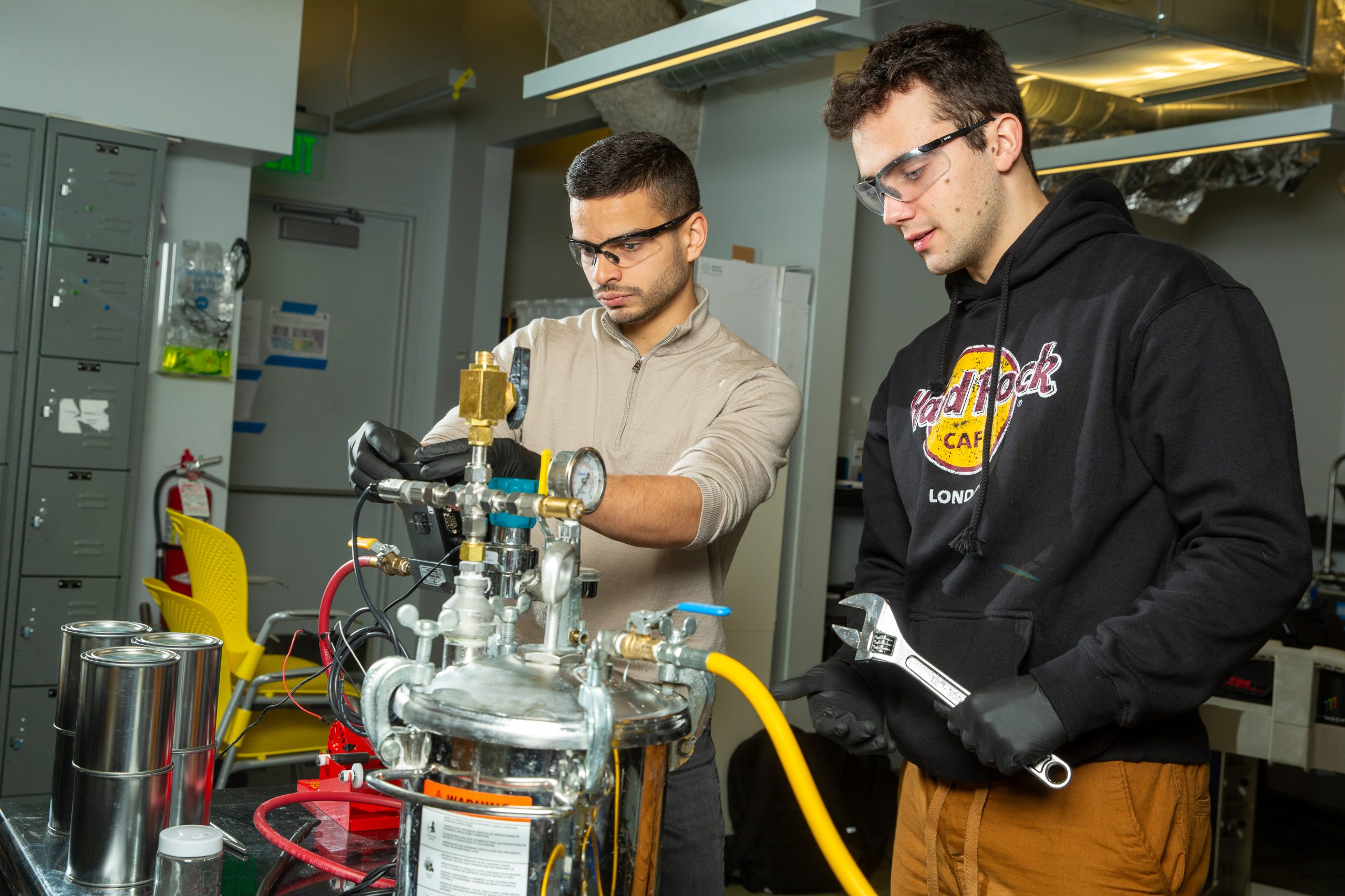With age comes grace and knowledge. We recently wrote an article with a wonderful quote from Betty Friedan: “Aging is not lost youth but a new stage of opportunity and strength.” However, the downside of aging is the range of health issues that come with it. Our evolutionary purpose on this Earth is to procreate and as modern medicine is keeping us alive much longer than this, our biology cannot keep up.
Many research groups are working on ways to reduce the impact of aging on our bodies. Medical breakthroughs such as self-regenerating stem cells and studies linking faster walking to increased DNA damage protection are all contributing to the fight for healthier aging.
A recent discovery from the University of East Anglia has shown that fecal transplants could also help on this front. Their experiment showed that transplanting faucal microbiota from young into old mice can reverse hallmarks of aging in the gut, eyes, and brain. Reversing these roles – transplanting microbes from old mice to young – induced inflammation in juvenile mice’s brains and depleted a key protein involved in vision.
Further research has uncovered this may be due to shifts in metabolism with age, particularly involving lipids (fats) and vitamins. Similar shifts in pathways have also been observed in humans, however, studies need to be carried out to confirm this link is truly the case.
This research reveals yet another role our important gut microbiome plays in human health. Many other studies have shown the link between this community of microorganisms and memory, anxiety, food cravings, and many more. Knowing more about the key role of these organisms can help prevent and treat numerous illnesses, leading to a healthier population.
“We were excited to find that by changing the gut microbiota of elderly individuals, we could rescue indicators of age-associated decline commonly seen in degenerative conditions of the eye and brain,” explains Dr. Aimee Parker, who worked on the study.
They continued: “Our results provide more evidence of the important links between microbes in the gut and healthy aging of tissues and organs around the body. We hope that our findings will contribute ultimately to understanding how we can manipulate our diet and our gut bacteria to maximize good health in later life.”
The institute is conducting further research to understand how long these positive changes can last and exactly how our microbiome contributes to the aging process.
Source study: Microbiome – Fecal microbiota transfer between young and aged mice reverses hallmarks of the aging gut, eye, and brain












